Search
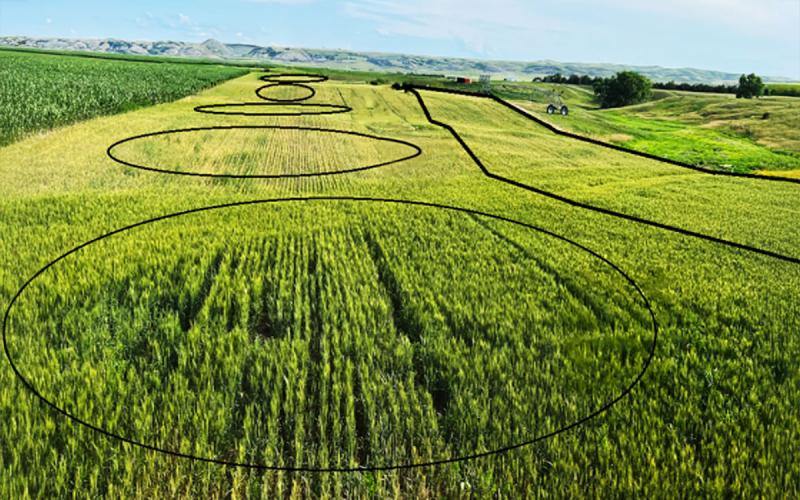
Variations in a Field and Variable Rate Technology Adoption
Field variations, including soil properties, nutrient content, and moisture levels, can significantly impact crop yield and farm profits. By understanding the specific needs of different areas, farmers can apply fertilizers, seeds, and other inputs more effectively.

Limber Pines of the Cathedral Spires: A Unique Tree
Fact sheet on the history, status and threats of limber pines.
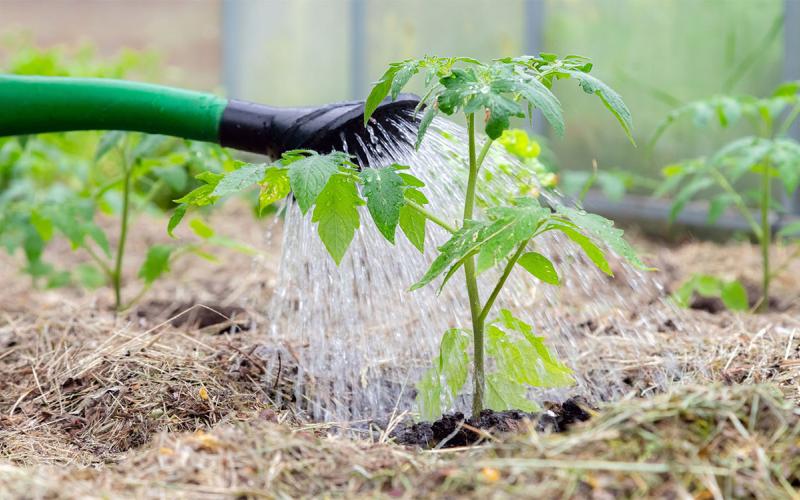
Microbial Water Testing for South Dakota Producers
Microbial water testing is important for produce growers to know the quality of their water to help ensure the safety of the fruits, vegetables, and herbs they produce.
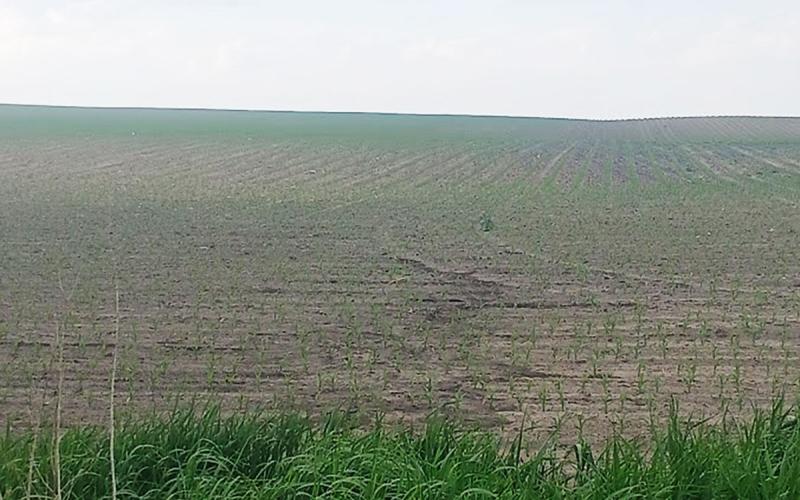
Soil Erosion Mitigation During Heavy Rainfall Events
Adopting soil health practices that minimize disturbance, increase surface cover and organic matter content, and keep roots growing in the soil can help to increase soil infiltration rates and reduce destruction of soil aggregates from heavy rain.

Powdery Mildew Presence in Your Garden: How to identify and prevent it
Powdery mildew is a common fungal disease that targets a wide range of hosts. It is important to identify its presence as soon as possible to slow its spread and prevent irreversible damage.
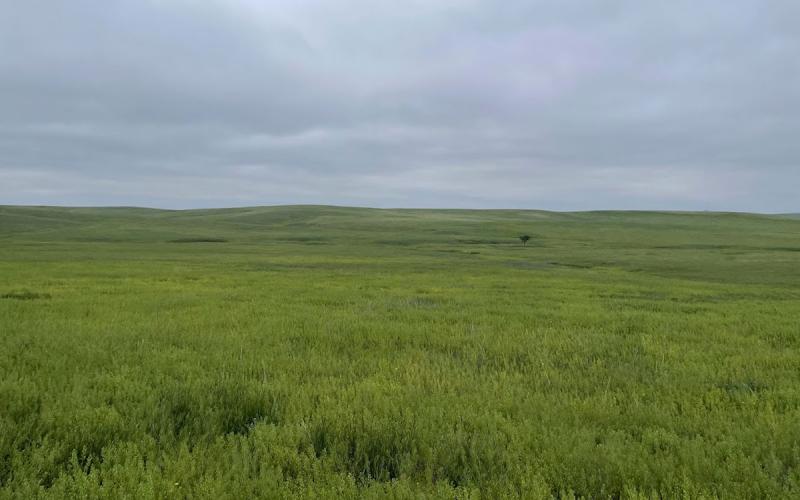
2025 Field Pennycress Management Considerations
Field pennycress prevalence on pastures has been observed to be in higher abundance this year in Western South Dakota. When consumed in certain quantities it can be toxic to livestock.
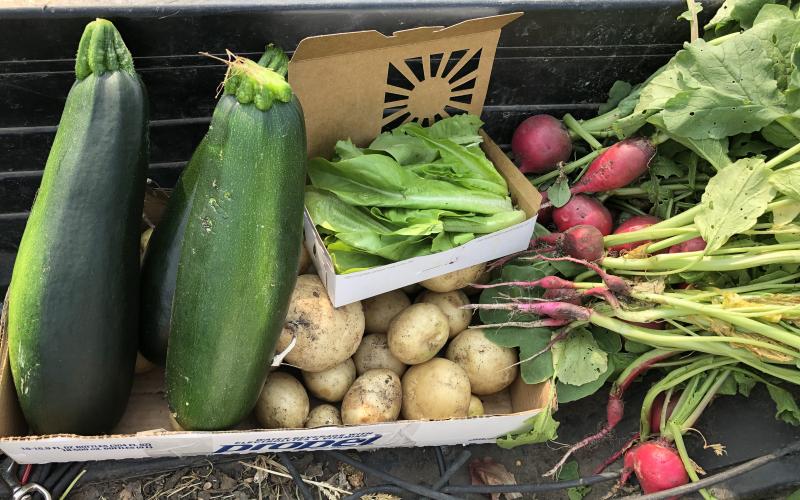
SDSU Extension to host weed management tour at Sisseton farm
July 30, 2025
South Dakota State University Extension is pleased to announce a field tour featuring Koeppe Family Fields on Aug. 5, 2025.
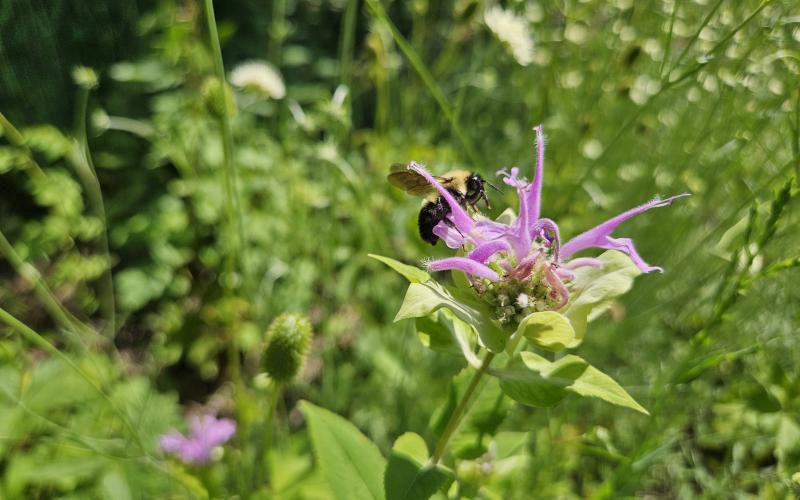
Managing Forests for Pollinators
Fact sheet on the importance of managing Black Hills forests for pollinators.
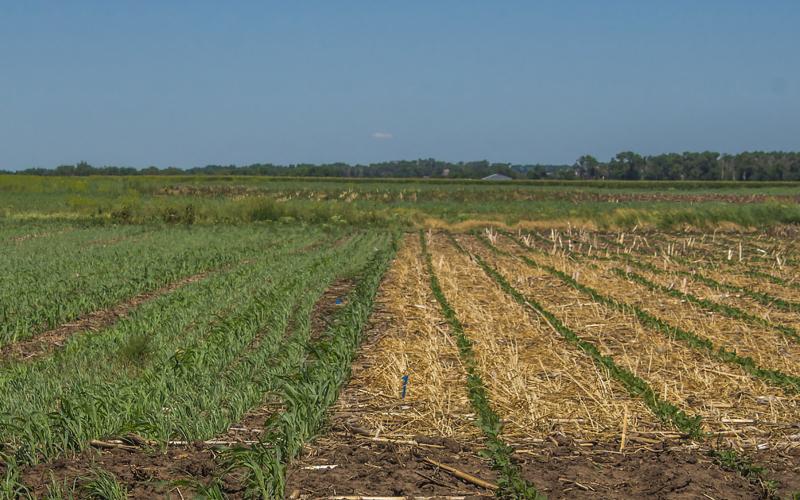
SDSU Extension Tile Drainage Economics Calculator
Calculator for farmers who are interested in evaluating the decision to install tile drainage from an economic perspective.

Licensed Kitchen – Food Service Code Construction and Design Guidance
Fact sheet to help the processor understand the South Dakota food service code so they can determine if it’s feasible to build their own licensed kitchen at their home residence.